'Overhaul' maximum pressure policy, lift all 'illegal' sanctions on Iran: China to US ahead of new Vienna talks
As a new round of talks is slated to kick off between Iran and the five remaining parties to the landmark 2015 nuclear deal in the Austrian capital of Vienna, China urges the United States to "overhaul" its failed “maximum pressure” policy on Iran and remove all "illegal" sanctions it has imposed against Tehran after its unilateral withdrawal from the agreement.
"I’d like to reiterate that, as the culprit of the Iranian nuclear crisis, the US should overhaul its erroneous policy of 'maximum pressure' on Iran, and lift all illegal sanctions on Iran and “long-arm jurisdiction” on third parties," China's Foreign Ministry Spokesman Zhao Lijian said at a regular press conference in Beijing on Friday. "On this basis, Iran should resume full compliance," he added.
In a tweet on Thursday, European Union deputy foreign policy chief Enrique Mora said Iran and the five parties to the 2015 agreement, officially known as the Joint Comprehensive Plan of Action (JCPOA), would resume anti-Iran sanctions removal talks in Vienna on Monday to "discuss and define the way ahead."
“Important to pick up the pace on key outstanding issues and move forward, working closely with the US. Welcome to the 8th round,” tweeted Mora, who represents the EU in the Vienna talks.
Asked about China's stance on the beginning of the 8th round of the Vienna talks, Zhao said Beijing welcomes the upcoming negotiations on resuming compliance with the JCPOA in Vienna.
"We hope all parties will adopt a serious attitude, focus on outstanding issues, and continue to advance the negotiations to achieve early results," the spokesman added.
He said China would continue to play an "active and constructive role" and to work with all parties to "bring the JCPOA back onto the right track at an early date."
He, however, emphasized that Beijing would firmly safeguard its legitimate rights and interests.
The JCPOA was inked by Iran and six world powers in 2015. Under the deal, Tehran agreed to put limits on certain aspects of its nuclear activities in exchange for the removal of international sanctions imposed against the country.
In 2018, however, the US exited the pact and began to unilaterally implement what it called the maximum pressure campaign against the Islamic Republic, effectively depriving Iran of the deal’s benefits by forcing third parties to stop doing business with Iran.
Iran and the five remaining parties to the JCPOA -- Britain, Germany, France, Russia and China -- resumed talks in Vienna on November 29 after a five-month hiatus, marking the first round of negotiations under President Ebrahim Raeisi’s administration and the seventh overall.
During the seventh round of the Vienna talks, Iran presented two draft texts which address, separately, the removal of US sanctions and Iran’s return to its nuclear commitments under the JCPOA. Tehran also said it was preparing a third draft text on the verification of the sanctions removal.
Iran and the P4+1 group of countries resumed the talks in the Austrian capital on December 9 after being paused on December 3, when the participants returned to their capitals for additional consultations on the two draft proposals that Tehran had put forward.
Iran’s Foreign Minister Hossein Amir-Abdollahian said on Thursday that the Islamic Republic would continue negotiations for the removal of sanctions imposed on the country in Vienna with seriousness, emphasizing that the P4+1 group of countries should have no doubt that “if they want to give one concession and get 10 concessions [in return], the Islamic Republic of Iran will never accept such an approach.”
“We explicitly announce that we will pursue our serious negotiations in Vienna with goodwill and seriousness and with an eye on achieving a good agreement, and we hope that the other parties would also continue [the talks] with the same approach,” Amir-Abdollahian added.
JCPOA still topical, no alternative to it: Russia
Russian Foreign Ministry Spokeswoman Maria Zakharova also said on Friday that Moscow believes that the JCPOA is still topical and has no other alternatives.
"This deal has not lost its topicality, and all UN Security Council member nations, including, by the way, the United States, must observe it. We insist on that," she said.
"As for any possible alternatives to the restoration of the JCPOA, the Russian side insists that there is no alternative to the JCPOA," she added.
Reiterating Russia's "unchanged" stance from the very beginning of the work on the JCPOA conclusion, Zakharova said, "Correspondingly, when the United States began to break it down and withdraw from it unilaterally, saying they are special and that it why they quit it, we still insisted that this document had no alternatives."
"When Washington changed its position again, this time in favor of this agreement, we stuck to our former position and that is why we take part in these talks as real partners in order to restore this deal as soon as possible," the Russian diplomat pointed out.
Vienna negotiators must focus on successful completion of talks as soon as possible: Russian lead negotiator
Meanwhile, Russia’s Permanent Representative to International Organizations in Vienna Mikhail Ulyanov said on Friday that the Vienna negotiators must orient themselves towards the successful completion of the talks as soon as possible.
In a tweet, the Russian lead negotiator to the Vienna talks added that Iran and the five remaining parties to the JCPOA are expected to preferably complete the negotiations "by the beginning of February."
The #ViennaTalks on #JCPOA will resume in three days. During the previous round the negotiators set the stage for rapid progress. We need to orient ourselves towards successful completion of the talks as soon as possible, preferably by the beginning of February.
— Mikhail Ulyanov (@Amb_Ulyanov) December 24, 2021
"The #ViennaTalks on #JCPOA will resume in three days. During the previous round the negotiators set the stage for rapid progress," he tweeted.
In another tweet, Ulyanov warned that setting any "artificial deadlines" for the end of the Vienna talks would be "harmful" and explained that a time period between late January and early February "is about a timeline" and Russia would not accept any "deadline".
Yes, if this is about a timeline. No, if this is about a deadline. Artificial deadlines are harmful. Progress at the talks depends on very many factors and can not be accurately calculated in advance. At this stage the beginning of February seems to be a realistic timeline. https://t.co/43GF1hbfnc
— Mikhail Ulyanov (@Amb_Ulyanov) December 24, 2021
"Progress at the talks depends on very many factors and can not be accurately calculated in advance. At this stage the beginning of February seems to be a realistic timeline," he said in a Twitter post.
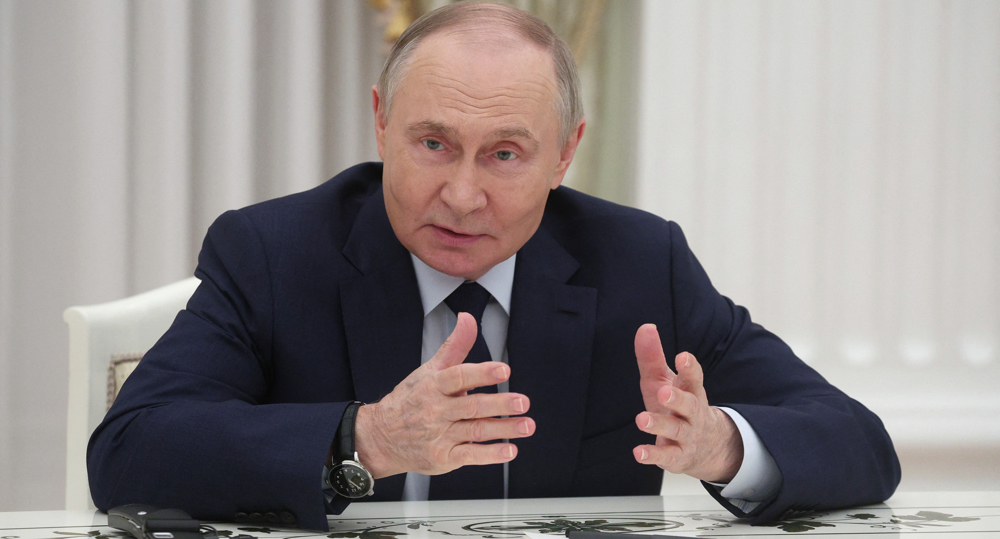
Russia's President Putin ratifies bill for strategic partnership with Iran
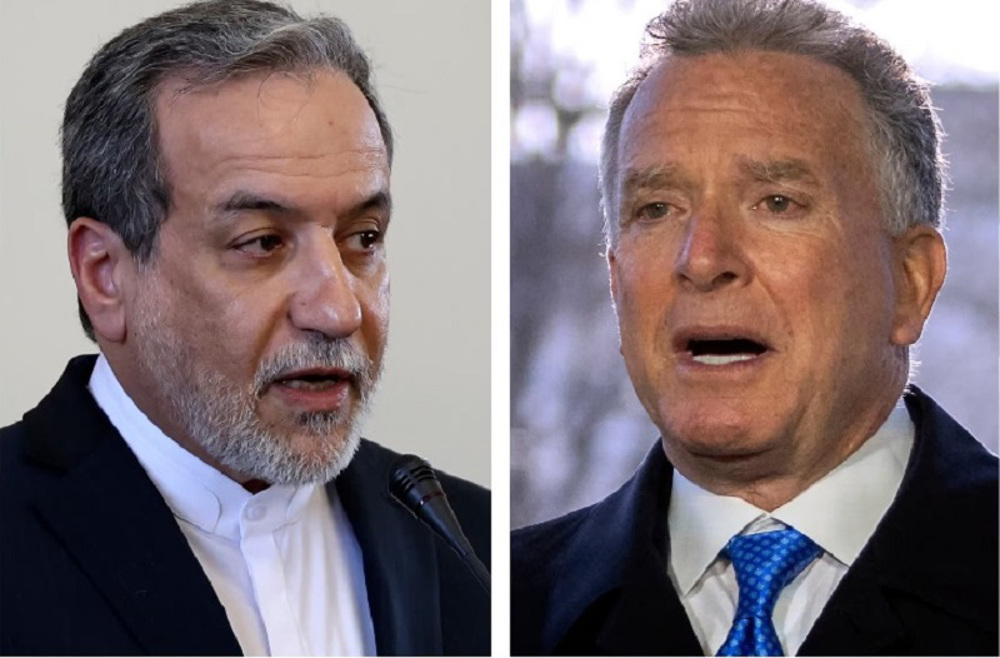
Indirect Iran-US talks proceed on 'constructive' note
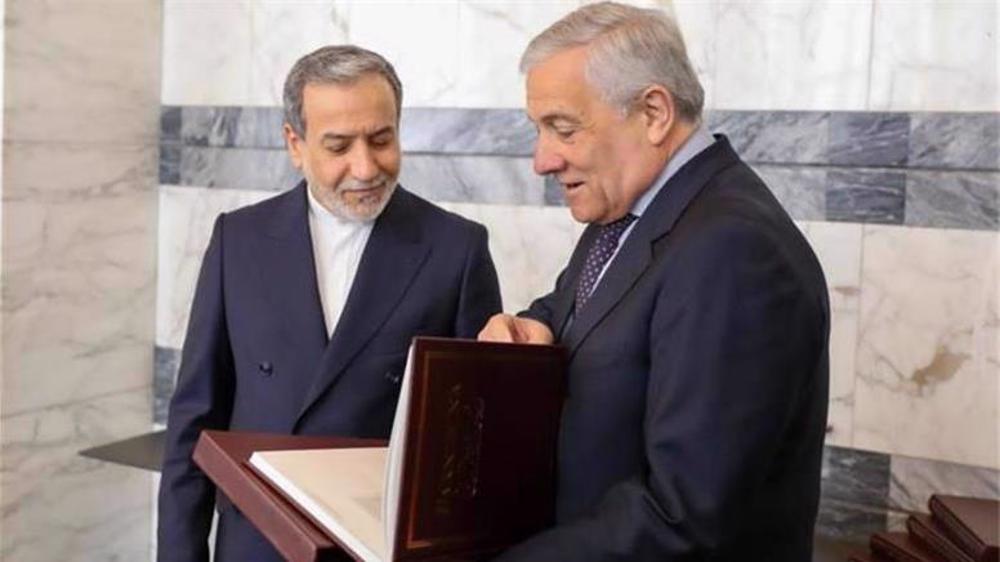
‘Rome talks made progress on principles of ‘likely deal’; optimism warranted but with great caution’
VIDEO | Press TV's news headlines
VIDEO | Pope Francis dies at 88 after 12 years as Catholic leader
VIDEO | US bombs Yemen’s capital in escalating military campaign
Iran condemns baseless GCC claims on 3 Persian Gulf islands
At least 65 Palestinians killed inside Israeli prisons
VIDEO | US deadly aggression vs Yemen
Iran denies US investors will be present in its trade fair
Israeli forces kill three Palestinians in intensified West Bank raids


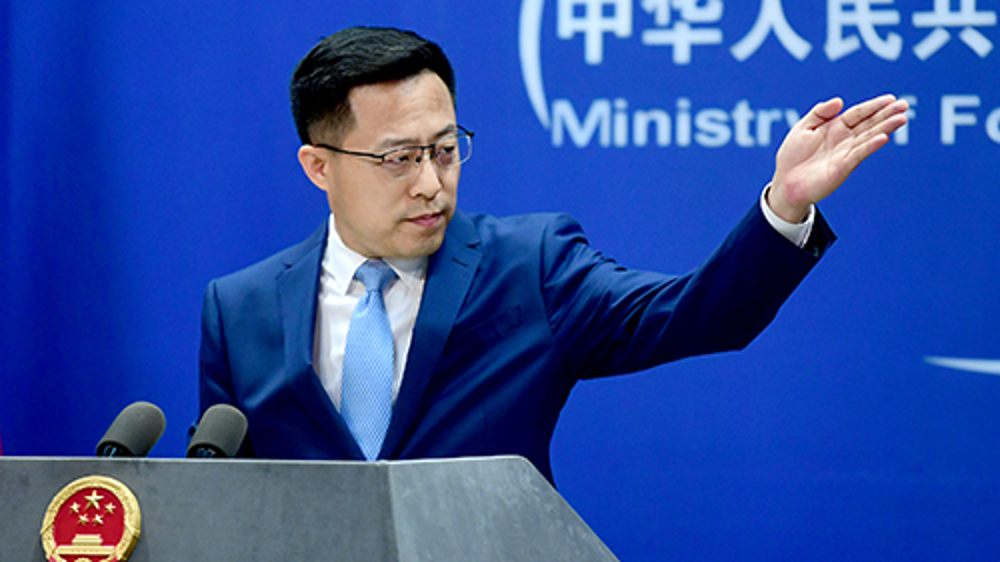
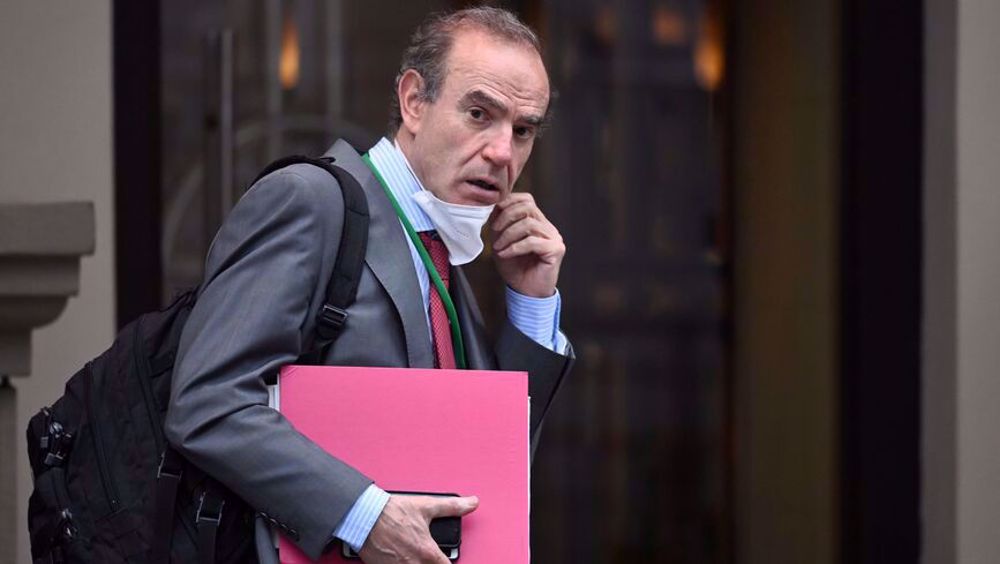
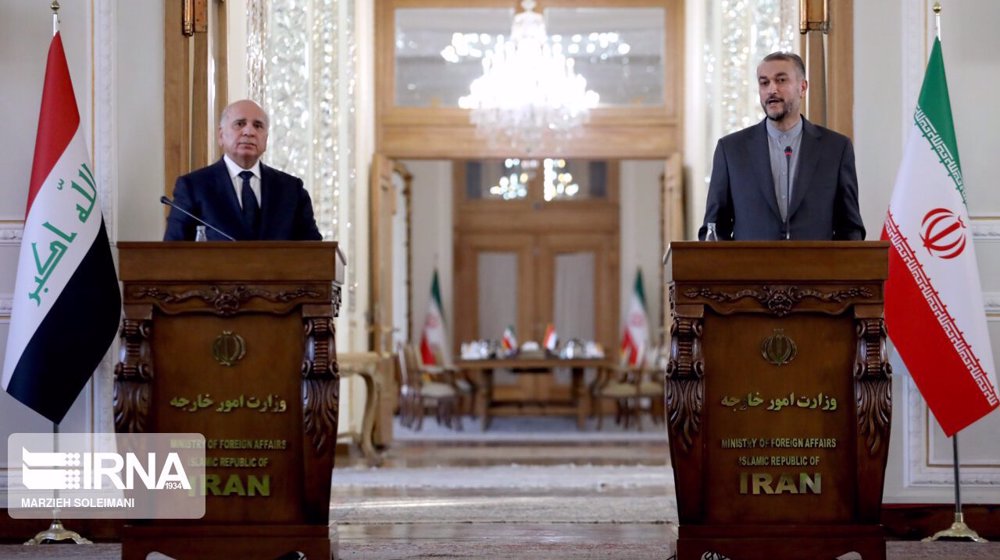




 This makes it easy to access the Press TV website
This makes it easy to access the Press TV website